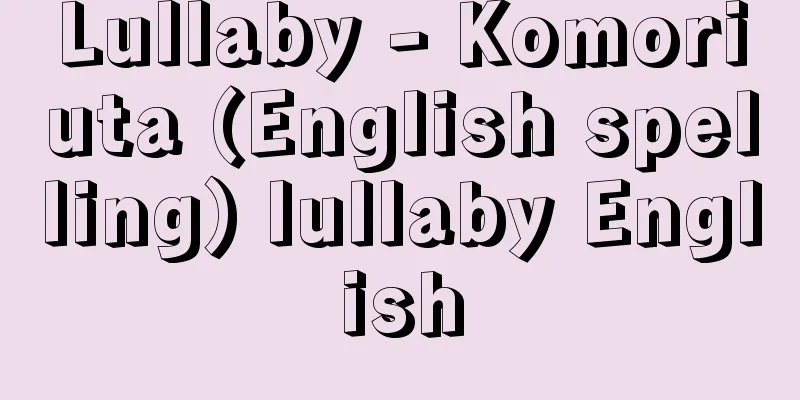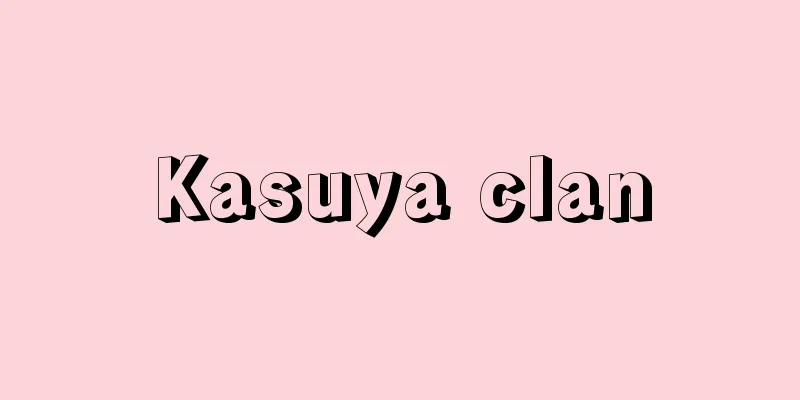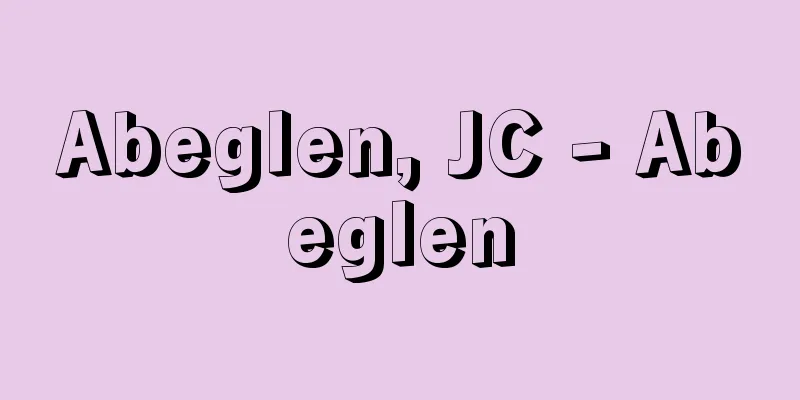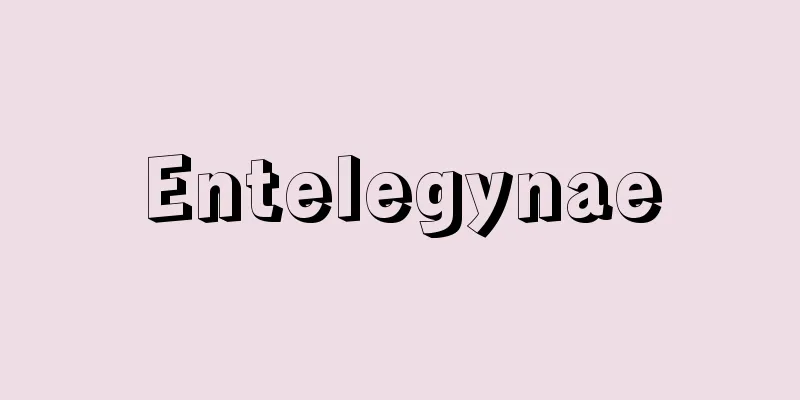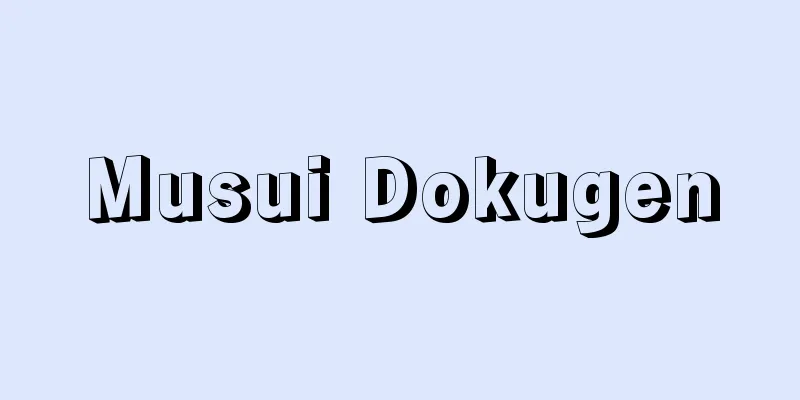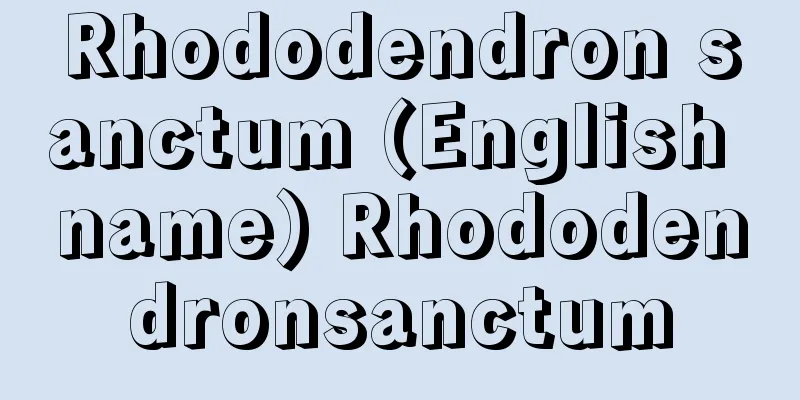Purusha

|
A Sanskrit word meaning "man," "human being," or "servant," which is said to be the origin of the universe (original man) in the Indian Vedic scriptures. When the gods killed Purusha for sacrifice, it is said that the sun was born from his eye, the moon from his heart, wind from his breath, Indra, Agni, and Brahmin from his mouth, Kshatriya from his elbow, Vaishya from his thigh, and Shudra from his foot. → Related Articles Source : Heibonsha Encyclopedia About MyPedia Information |
|
〈男〉〈人間〉〈家来〉などを意味するサンスクリットで,インドのベーダ聖典では宇宙の根源(原人)とされる。神々が供犠のためにプルシャを殺すと,眼から太陽,心臓から月,息から風,口からインドラ,アグニ,バラモン,臂(ひじ)からクシャトリヤ,腿(もも)からバイシャ,足からシュードラが生じたといわれる。 →関連項目バーユ 出典 株式会社平凡社百科事典マイペディアについて 情報 |
>>: Nikita Sergeevich Hrushchyov
Recommend
Imitation tofu - Giseidofu
A dish made by mashing tofu, mixing it with eggs,...
Akegarasu - Akegarasu
[1] 〘 noun 〙① A crow that cries at dawn. Also, its...
Souvestre, P. (English spelling) SouvestreP
...A serial action film starring the mysterious t...
Azomethine imine - Azomethine imine
...A general term for compounds represented by th...
Tact
〘noun〙 (Takt・tact) ① rhythm. ※Taijoubutsushin (192...
Hidekatsu Mizoguchi
Year of death: September 28, 1610 (November 13, 16...
Santonin - Santonin (English spelling)
Anthelmintic drug. It is a colorless crystal or w...
Individual moth seed collection method
…It caused a major outbreak in Europe around 1860...
Yāqūt al-Rūmī (English spelling)
A Muslim geographer. Born in Anatolia to Greek pa...
Akh
…One of the three ancient Egyptian spiritual conc...
Cryptotympana yayeyamana (English spelling)
…[Masami Hayashi]. . … *Some of the terminology e...
Customary price system
...(1) includes (a) cost-plus pricing, which adds...
visiting card
...Business cards were used for detailed arrangem...
Class struggle - English
It is a struggle that takes place when a society ...
Antimony flower - Antimony flower
…Antimony minerals include stibnite (Sb 2 S 3 ) ,...
